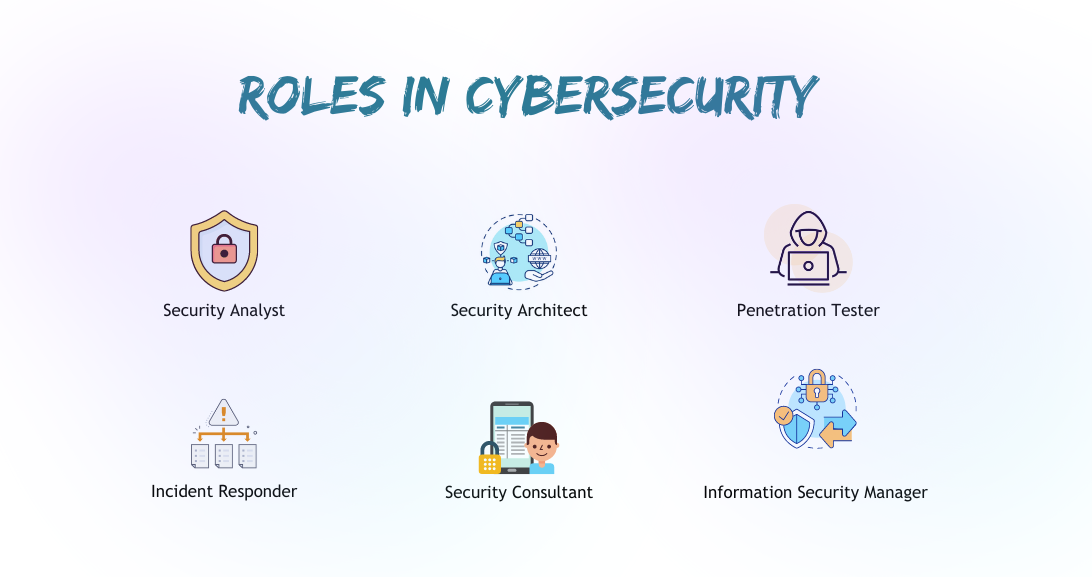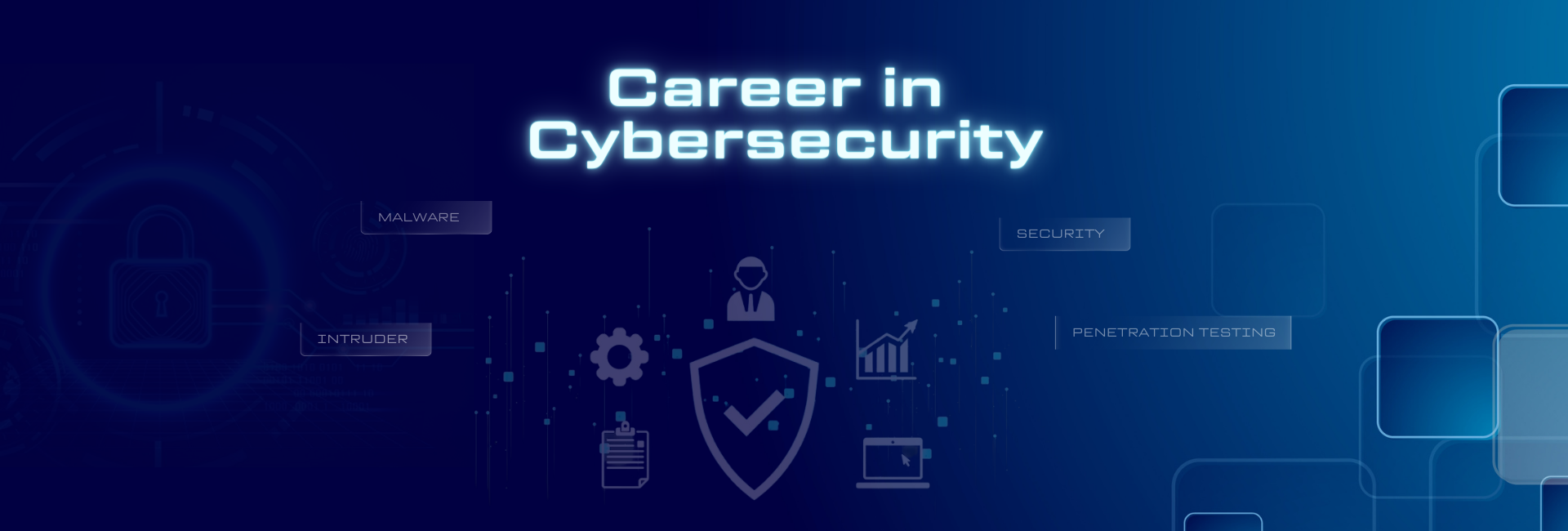With increased internet usage and technological adoption, Nepal has become more susceptible to cyber threats like malware, hacking, and data breaches. As more people and organisations go online, the need for experts to protect systems and data from cyber threats is increasing. If you have an interest in technology and information security, a career in cyber security can provide many opportunities in Nepal.
Why Cyber Security?
-
Financial services, e-commerce sites, healthcare organisations, and government systems all hold large amounts of sensitive data that require protection.
-
Cyber attacks can cause significant damage to businesses through disruption of operations, theft of data and intellectual property, and loss of customer trust.
-
There is a shortage of skilled cyber security professionals in Nepal to meet the growing demand from organisations.
Roles in Cyber Security

-
Security Analyst: Monitor security systems for threats, evaluate vulnerabilities and make recommendations.
-
Security Architect: Design security solutions and strategies to protect systems and networks.
-
Penetration Tester: Identify vulnerabilities by mimicking the tactics of real attackers.
-
Incident Responder: Provide expertise and advice to organisations on implementing cyber security programs.
-
Information Security Manager:Manage an organisation's overall security program, policies and compliance.
The salaries for these cyber security roles in Nepal ranges from NPR 30,000 to NPR 150,000 depending on experience and responsibility. As the industry grows, salaries are also expected to increase.
Building a Successful Career in Cyber Security
Cyber security is a vital and fast-growing field with many opportunities for those seeking an interesting and impactful career. However, it also requires dedication, persistence and continuous learning to become and remain successful in this competitive industry. Here are some tips to proceed with and build a rewarding career in cyber security:
Gain hands-on experience.
While formal education can provide a good foundation, hands-on experience is extremely valuable in cyber security. Look for internships, part-time work, and personal projects to build your practical know-how.
Islington offers a dedicated module called "Work Related Learning" that not only helps you find internships but also ensures comprehensive support throughout.
Stay up to date with the latest trends.
Cyber threats are constantly evolving so you must keep learning new technologies, tactics and solutions.
Develop soft skills.
Along with technical expertise, you'll need good communication, teamwork, critical thinking and creativity skills to collaborate effectively on security issues.
Focus on a specialty.
As the field gets wider, specialising in an area like threat intelligence, incident response or security analytics will make you an in-demand expert. But stay broadly knowledgeable as well.
What degree do you need to start your career?
BSc (Hons) Computer Networking & IT Security is designed around the latest cyber security trends and principles. The curriculum equips you to be a professional in the area of telecommunication and computer networking emphasising on network security. To build a strong foundation in the field of cyber security you will be introduced to networks , fundamentals of cyber security, ethical hacking and also the associated professional issues, ethics and computer law.
In conclusion, with the right skills, education and determination, cyber security provides many opportunities for an impactful career in Nepal. The demand for cyber security professionals is likely to grow as more companies and organisations go digital. Pursuing certifications, internships and hands-on experience along with your formal education can help put you on the right path towards a successful career in this important and interesting field.
FAQs
What is cyber security, and why is it a good career choice?
Cyber security involves protecting systems, networks, and data from digital attacks. With increasing reliance on technology, the demand for skilled cyber security professionals is rapidly growing, making it a rewarding and secure career path.
What degree do I need to start a career in cyber security?
A bachelor's degree in Cyber Security or a related field, such as Information Technology, Computer Science, or Networking, is a strong foundation. Islington College offers specialized programs designed to equip students with the technical and practical skills needed for success in this field.
Why should I choose Islington College for studying cyber security?
Islington College provides a cutting-edge curriculum, hands-on training, and expert faculty to prepare students for real-world challenges in cyber security. Our partnerships with industry leaders and a focus on career-building ensure that graduates are job-ready.
What career opportunities are available after completing a degree in cyber security?
Graduates can pursue roles such as Cyber Security Analyst, Ethical Hacker, Security Consultant, Network Administrator, and more. These roles are in high demand across industries like banking, healthcare, and government.
Do I need prior technical knowledge to enroll in a Bachelor’s in Cyber Security?
While having a basic understanding of IT and computers is helpful, it is not mandatory. Islington College's program is designed to build foundational knowledge and advance technical skills from the ground up.
What skills will I develop during the cyber security program at Islington College?
You will gain expertise in areas such as risk assessment, threat management, ethical hacking, cryptography, and network security. Practical projects and internships will enhance your problem-solving and analytical skills.
How long does it take to complete a bachelor’s degree in cyber security?
The program typically takes 3–4 years to complete, depending on the course structure and internship opportunities.
Can I specialize in a specific area of cyber security during my studies?
Yes, Islington College offers specializations in cybersecurity, including Digital Forensics, Cybersecurity Management, and Security Auditing and Penetration Testing, enabling students to gain expertise in emerging areas and address complex cybersecurity challenges effectively.
What support does Islington College provide for students pursuing cyber security?
Islington College equips cybersecurity students with Nepal's first Cyber Security Research Hub, focusing on threat intelligence, emerging cybersecurity research, and digital forensics. Led by expert faculty, it features cutting-edge labs for hands-on learning and industry-relevant training.
How do I apply for a cyber security program at Islington College?
Visit Islington College website also you can schedule an appointment or contact our admissions team for detailed information on the application process, entry requirements, and deadlines.

